The Benefits of AI-Powered Web Design for Service Providers
Introduction to AI-Powered Web Design
In the digital age, web design has evolved dramatically, with artificial intelligence (AI) leading the charge in innovation. For service providers, integrating AI into web design offers a multitude of benefits that can significantly enhance user experience, streamline operations, and boost overall engagement.

Enhanced User Experience
One of the primary advantages of AI-powered web design is the ability to offer a personalized user experience. By analyzing user behavior, AI can tailor content and interface elements to meet individual preferences. This personalization not only improves user satisfaction but also increases the likelihood of conversion.
For example, AI can optimize the layout and content based on user interactions, ensuring that visitors find what they need quickly and easily. This targeted approach reduces bounce rates and encourages users to engage more deeply with the site.

Efficient Design Process
AI tools can automate many aspects of the web design process, significantly reducing the time and effort required. From layout suggestions to color scheme recommendations, AI can assist designers in creating visually appealing and functional websites with minimal manual input.
This efficiency allows service providers to focus more on strategic planning and less on repetitive design tasks. Furthermore, by leveraging AI, teams can experiment with multiple design variations quickly, ensuring that the final product is both effective and innovative.

Data-Driven Insights
AI-powered web design tools offer valuable data-driven insights that can inform strategic decisions. By analyzing user data, these tools provide actionable insights into user preferences and behaviors, enabling service providers to continuously refine their websites for optimal performance.
The ability to track and analyze detailed user interactions helps businesses understand which elements are working well and which need improvement. This continuous feedback loop ensures that websites remain relevant and effective in meeting user needs.
Improved Accessibility
Incorporating AI in web design also enhances accessibility, making websites more inclusive for users with disabilities. AI technologies can automatically adjust website elements to accommodate different needs, such as screen readers or voice commands.
This commitment to accessibility not only broadens the potential audience but also demonstrates a company's dedication to inclusivity. As regulations surrounding web accessibility become more stringent, AI offers a proactive solution to ensure compliance.

Conclusion
AI-powered web design presents a transformative opportunity for service providers looking to enhance their online presence. By offering personalized experiences, streamlining the design process, providing data-driven insights, and improving accessibility, AI is an invaluable tool in the modern web designer's arsenal.
As technology continues to advance, embracing AI in web design will not only be advantageous but essential for staying competitive in the digital landscape. Service providers who leverage these innovations will undoubtedly see significant benefits in user engagement and overall business success.
